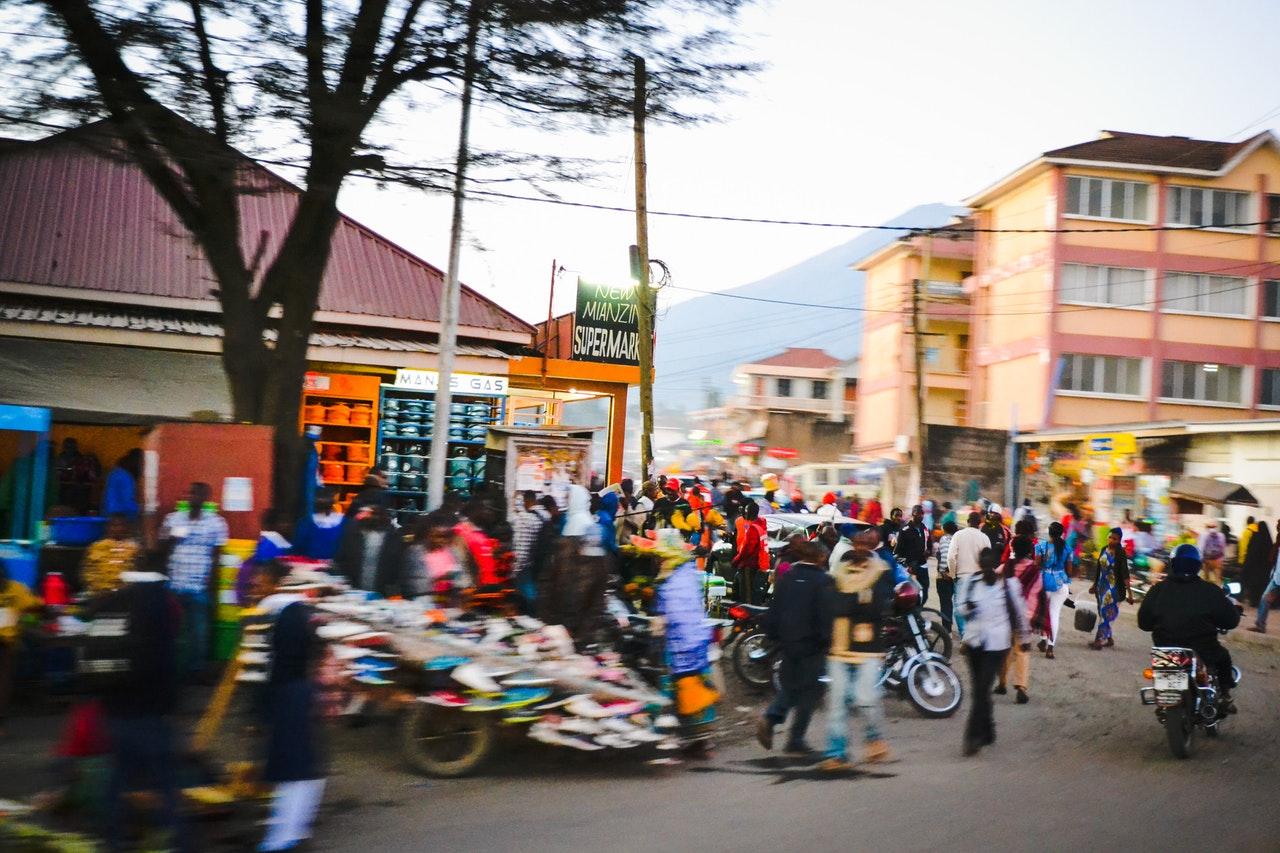Africa looking for new kind of tourists
Africa will lose between US$53 billion and US$120 billion this year because of the crash in tourism.
Just In
Raino Bolz had to do something quickly or go broke when his tourism business in South Africa’s winelands crashed to a halt in March because of the coronavirus pandemic.
He sold his minibus – useless without tourists to ferry around – and bought a herd of pregnant cows.
He’ll have to wait for the cows to give birth and then for the calves to be old enough to sell before he can make any money.
That probably won’t be until early next year, but it’s his insurance policy.
Bolz hopes a few tourists will return in November, the start of South Africa’s tourism season. If foreign visitors don’t arrive, he’ll need the profit from his calves to stay afloat.
Africa will lose between US$53 billion and US$120 billion this year because of the crash in tourism, the World Travel and Tourism Council estimates.
Kenya expects at least a 60% drop in tourism revenue this year, and South Africa a 75% drop. Millions more jobs are being lost all the time.
South Africa’s borders, including virtually all international airports, have been closed for nearly six months and there are no signs of them reopening.
For nearly 40 years, Desert and Delta has sold luxury safaris in wildlife-rich Botswana. Their clients are usually wealthy retirees from North America and Europe.
Director James Wilson’s fear is that those retirees will be the last to come back because of their age and vulnerability to Covid-19.
Jillian Blackbeard is CEO of a regional tourism association that represents safari operators across southern Africa. She sees a silver lining.
“It’ll take southern Africa’s safari tourism three years to recover,” Blackbeard said. “But the virus could kick-start a long overdue change.”
She said they’ve relied too much on the usual customers. She’s pressing for the whole region to use this time to diversify and attract their own African tourists, who have been ignored.
She claims potential markets in Asia are also ignored, as are Black Americans.
“African-Americans have never travelled to southern Africa,” she said. “Perhaps they are keen to come, but the brochures always feature white people.”
Sun International, a major operator of casinos, resorts and high-end hotels in South Africa and other African countries, has so far kept its 8,500 employees, although at reduced salaries.
Their five-star Table Bay Hotel on the Cape Town waterfront has been closed for half the year in the absence of foreign visitors.
Graham Wood, chief operating officer, says he expects a bounce in domestic tourism at the end of the year from South Africans who aren’t going overseas, but they’ll desperately miss their usual customers from Europe and the US who are, of course, older white people with money to spend.
But everyone acknowledges that such international tourists are not going to materialise.
That’ll be ruinous for Bolz in nearby Stellenbosch, whose attempts to lure locals have yielded just “a drop in the bucket”, he said. “It’s not going to sustain us.”
His adventure tourism company combines hiking and cycling with wine-tasting tours in the mountain vineyards near Cape Town. He’s clinging to the hope that his foreign customers are naturally adventurous and will come back sometime during the season.
Until then, he’ll have to continue tending his pregnant cows.
Looking at his prospects, Bolz said: “We can only do proper business once international borders are open again.”
Subscribe to our newsletter
To be updated with all the latest news and analyses daily.
